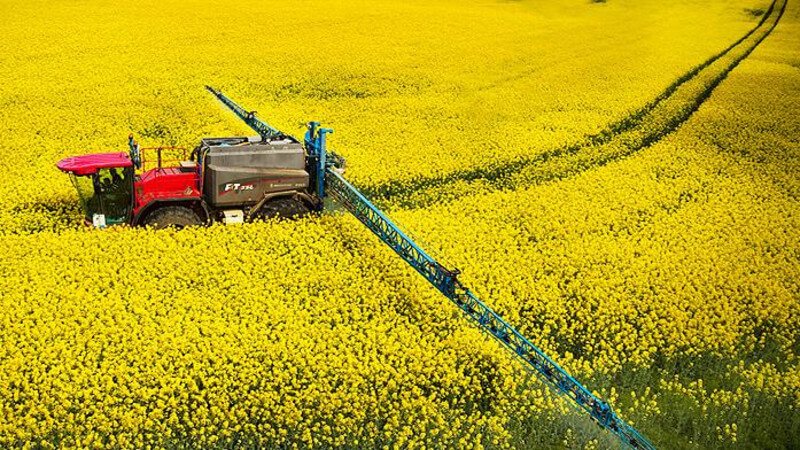Rapeseed production in the European Union (EU27 + UK) for 2020/21 is forecast at 17.0 million metric tons (mmt), 0.2 mmt above last year, but 16 percent below the 5-year average. Harvested area is estimated at 5.5 million hectares, 0.1 million hectares (mha) or 2 percent below last year’s area, and 16 percent below the 5-year average. Yield is forecast at 3.12 tons per hectare, up 3 percent from last year, but similar to the 5-year average.
Harvested area is estimated to be the lowest since 2006/07. Poor weather conditions and the continued ban of neonicotinoids have negatively affected rapeseed area. Extremely wet planting conditions last autumn in the UK, France and other northwestern EU countries delayed or prevented rapeseed planting, a crop that has a very narrow planting window from late August through early September.
Excessive rainfall swamped especially hard-hit UK, where sown area is the lowest since 1989/90. Rapeseed is likely to be replaced by spring barley in the UK. In France, the largest rapeseed producer in Europe, heavy rains have limited area to the lowest since 2003/04. Planting was also challenging in other areas of Europe, with dryness concerns during autumn in Poland, Czech Republic,and Bulgaria. Winter throughout Europe was very mild with a few reports in March of possible scattered frost damage. The current yield concerns center around dryness in central Europe.
In addition to weather variables affecting rapeseed, many EU farmers are also seeing the profitability balance shift towards planting less rapeseed. Generally, market prices have not overcome the lower yields resulting from neonicotinoid restrictions.































